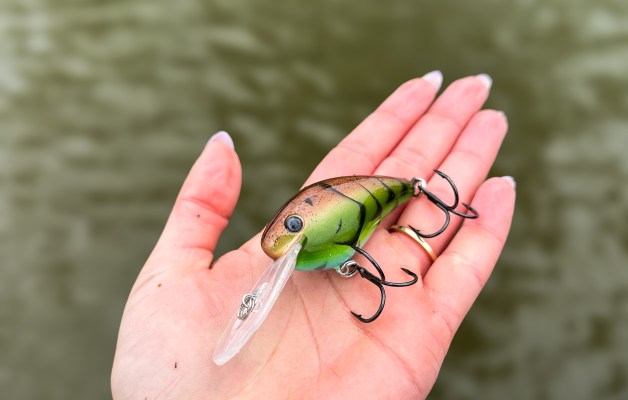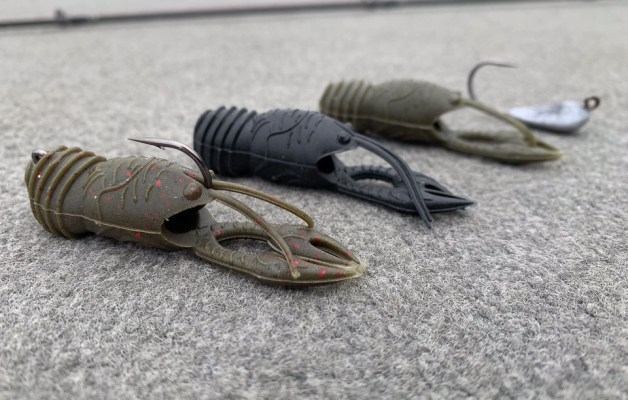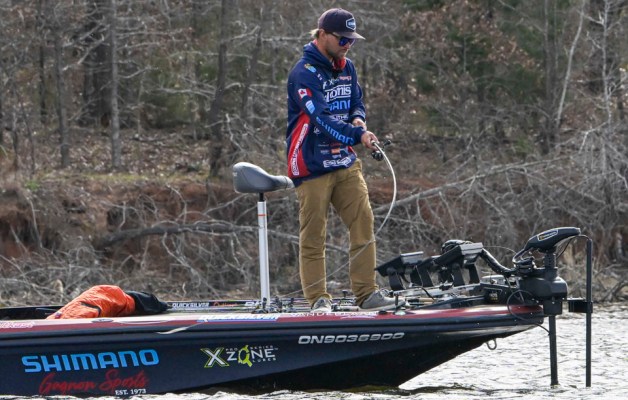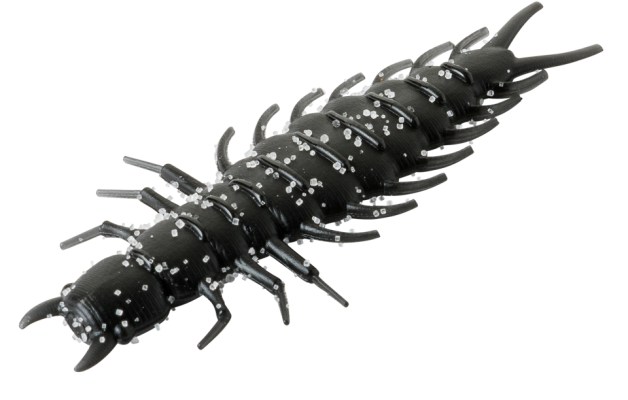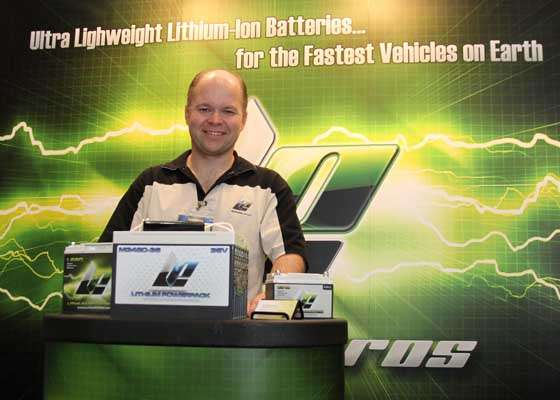
Batteries are a critical part of bass fishing. They’re responsible for everything from starting your outboard to powering your trolling motor and your electronics. Most anglers use lead acid models, but some are switching to lithium-ion.
Kevin Bennett, owner of Lithium Pros, knows about batteries. He’s been involved with the industry for years. According to him it’s not a simple decision. He suggests you consider lithium-ion batteries if:
You change your trolling motor batteries every couple of years
Lithium-ion batteries are expensive. They can cost between $850 and $1,500. That’s a lot of money. But, it might be money well spent.
“Our batteries carry a four-year warranty, and under normal use a bass boater should get 10 years of service out of them. That’s a significant reduction in overall cost. Normal bass boat cycling will have little effect on them. The real key is to keep their temperature below 105 degrees. They’ll last for years if you do.”
Weight is an issue
Lithium-ion batteries weigh considerably less than lead acid batteries. In fact, some lithium-ion batteries are so light that they float. That can make a big difference in your boat’s top speed as well as fuel economy.
“Keeping your boat lightweight is important. In tournament situations — a slight increase in boat speed might make a big difference at the end of the day. And, lower weight improves fuel economy. That’s likely to become more important in the future as fuel prices continue to increase.”
Charging time is a factor
Lithium-ion batteries will take a full charge in a third the time of a lead acid battery.
“Our batteries will take a full charge in about two hours. That compares to six hours or more for a lead acid battery. That can be a real lifesaver if you’re traveling or fishing a multi-day tournament.”
You want a level power curve.
Lithium-ion batteries have a slightly higher voltage output than lead acid batteries, and they maintain a level power curve. As a practical matter, that means they’ll give you a little more trolling motor speed and they’ll hold their voltage even as they discharge.
“With lithium-ion you have full power until you have no power. I know a lot of guys are concerned about a dead battery on the water with little warning. It’s true that because their power curve is flat, their warning time is short before they go dead. But, because they last a lot longer than lead acid they’re less likely to go dead during a normal fishing day. As a practical matter it doesn’t happen.
“Ott DeFoe runs our batteries on the Bassmaster Elite Series and he’s never had a problem with a dead battery. How many anglers use their batteries harder than he does? I’d say not very many. ”
Lithium-ion isn’t for everyone. But it does have its place. Whether or not that place is in your boat is a decision you’ll have to make.
Alternatives
Lithium Pros aren’t the only manufacturers of lithium-ion batteries. Two Clearwater, Fla.,-based companies manufature these high-tech power cells as well: www.smartbattery.us and www.lithionicsllc.com

